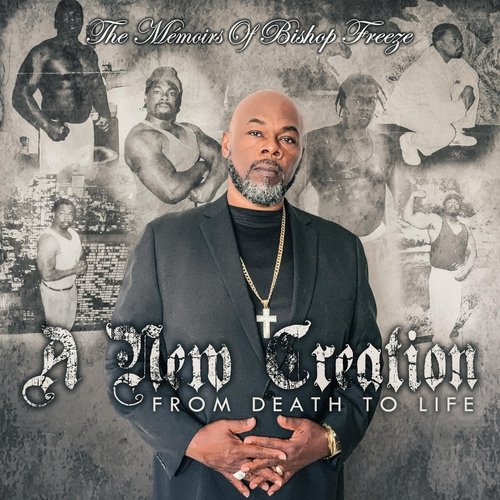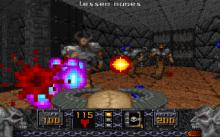
You need the permission of or monitoring of a man: a father, a husband, whoever. But that really is baked in this foundational Evangelical understanding that women are not to be trusted because women’s bodies are foundationally evil and inherently suspect. We’re seeing an explosion of that on social media in the wake of the midterm elections, with single women being blamed by Republican politicians and commentators on Twitter (for however long Twitter lasts) for their poor showing. Certainly that was the case in a lot of churches I went to. But in Evangelical churches, there is such a heightened level of behavioral monitoring. To a certain extent I think behavioral monitoring is common in all groups, whether you’re in a high school clique where you’re having to conform. On the false beliefs behavioral monitoring culturally presents: Subscribe and download the episode, wherever you get your podcasts. Whether searching for community in the face of millennial loneliness or wanting to reclaim a secular form of fellowship in everyday life, Kadlec envisions the brilliant possibilities that come with not only daring to want a different way but actually striking out and claiming it for ourselves.This week on The Maris Review, Jeanna Kadlec joins Maris Kreizman to discuss her memoir, Heretic, out now from Harper. Weaving the personal with powerful critique, Heretic explores how we can radically abandon these painful systems by taking a sledgehammer to the comfortable. As she navigated graduate school, a new home on the East Coast, and a new marriage, another insidious truth began to reveal itself -that conservative Christianity has both built and undermined our political power structures, poisoned our pop culture, and infected how we interact with one another in ways that the secular population couldn't see. From the story of Lilith to celebrity purity rings, Kadlec interrogates how her indoctrination and years of piety intersects with her Midwest working-class upbringing.



Within, Kadlec reckons with religious trauma and Midwestern values, as a means of unveiling how evangelicalism directly impacts every American-religious or not-and has been a major force in driving our democracy towards fascism. Jeanna Kadlec knew what it meant to be faithful-in her marriage to a pastor's son, in the comfortable life ahead of her, in her God-but there was no denying the truth that lived under that conviction: she was queer and, if she wanted to survive, she would need to leave behind the church and every foundational building block she knew. A memoir of leaving the evangelical church and the search for radical new ways to build community.


 0 kommentar(er)
0 kommentar(er)
